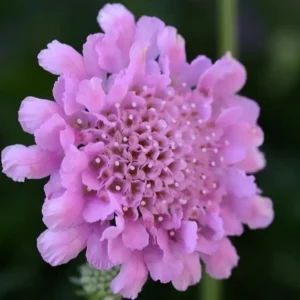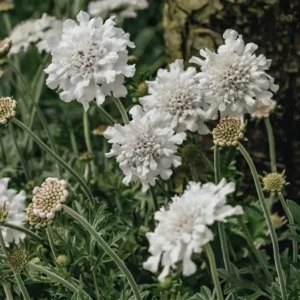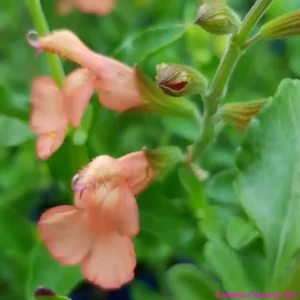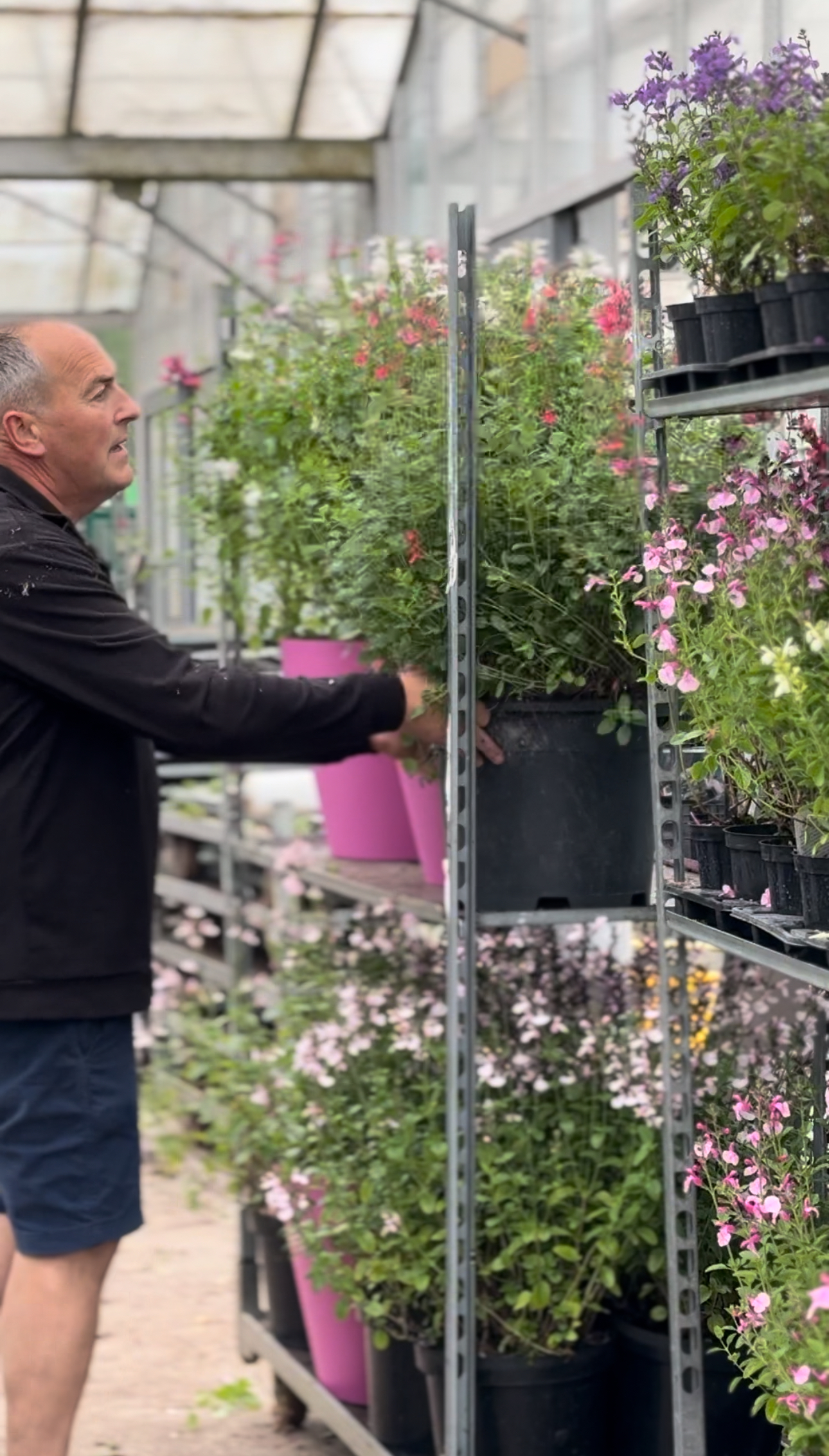Stock Availability: Out of Stock
Salvia ‘Azure Snow’ is a hardy, organically grown perennial that brings calming bicolored flowers to your garden. Its top lips are pale blue, and the bottom lip is pure white, creating a cheerful contrast. The flowers bloom from late spring throughout summer, adding long-lasting color and attracting bees and butterflies. This compact plant thrives in full sun and partial shade, preferring well-drained soil and extra watering during dry periods. Ideal for creating a calming border or container arrangement, ‘Azure Snow’ pairs beautifully with other white and soft blue perennials for a serene, aromatic garden display.
Plant information
Any 3 plants for £25.00 (Usually £30.00)
Any 6 plants for £20.00 (Usually £58.00)
Any 9 plants for £75.00 (Usually £87.00)

Out of stock
Out of stock
Out of stock
Out of stock
Out of stock
Out of stock
Out of stock

Out of stock
Out of stock
Out of stock
Out of stock
Out of stock
Out of stock
Out of stock

Out of stock
Out of stock
Out of stock
Out of stock
Out of stock
Out of stock
Out of stock
Out of stock

Out of stock
Out of stock
Out of stock
Out of stock
Out of stock
Out of stock

Most salvias love a sunny spot—ideally six hours or more a day. A few can cope with a bit of shade, but full sun gives the best flowers.
They prefer light, free-draining soil. If your garden has heavy clay, it’s worth improving it with grit or compost, or planting in raised beds or pots.
When they’re newly planted, water regularly to help them settle in. Once established, most salvias are quite drought-tolerant and only need watering during dry spells.
Not much. A handful of compost or a slow-release fertiliser in spring will do the trick. Too much feed—especially nitrogen—can lead to lots of leaves but fewer flowers.
Yes—snipping off spent blooms encourages fresh flowers and helps keep the plant looking neat.
Leave them over winter so the old growth can protect the crown, and cut back hard in spring once new growth appears. This gives them a good, fresh start.
Definitely. Take soft tip cuttings in spring or late summer, pop them in a pot of compost, and keep them lightly moist. They usually root quite quickly.
The most likely reasons are not enough sun, too much feed, or letting the dead flowers pile up. A good sunny spot and regular deadheading usually sorts it out.
Some are fully hardy in the UK, while others—especially the more exotic types—need a bit of winter protection. If you're unsure, mulch around the base or bring them indoors.
They're generally trouble-free. Occasionally you might spot aphids, slugs or mildew, but if they’ve got space, good air flow, and well-drained soil, they’re usually fine.